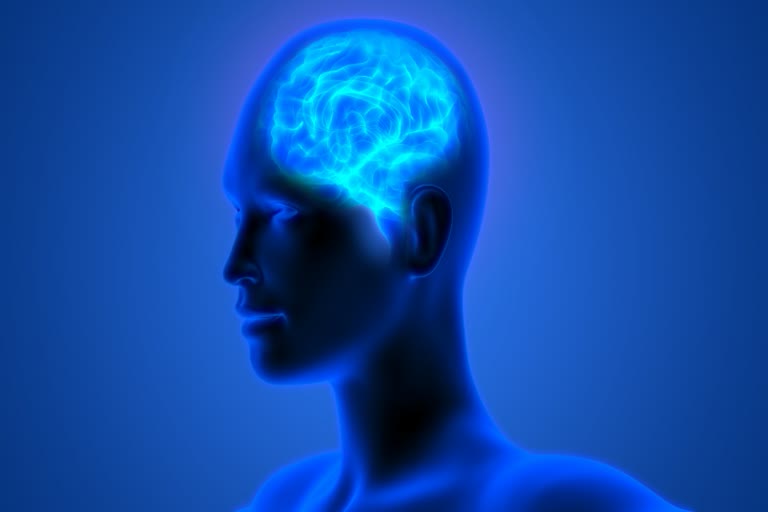People who experienced head injuries in their 50s or younger score lower than expected on cognitive tests at age 70, a new study suggests. The findings of the study indicated that head injuries did not appear to contribute to brain damage characteristic of Alzheimer's disease, but might make people more vulnerable to dementia symptoms.
" Here we found compelling evidence that head injuries in early or mid-life can have a small but significant impact on brain health and thinking skills in the long term," said lead researcher Sarah-Naomi James from the University College London (UCL)."It might be that a head injury makes the brain more vulnerable to, or accelerates, the normal brain aging process," James added.
Also Read: Sexual Dysfunction In Males Due To Brain Injury
For the study, published in the journal Annals of Clinical and Translational Neurology, the research team involved 502 participants of the UK's longest-running cohort study. At age 53, they were asked 'Have you ever been knocked unconscious?' to assess whether they had ever suffered a substantial head injury -21 percent of their sample had answered yes to this question. And then around age 70 (69-71), the study participants underwent brain scans (PET/MRI), and they took a suite of cognitive tests.
The researchers found that 70-year-olds who had experienced a serious head injury more than 15 years earlier performed slightly worse than expected on cognitive tests for attention and quick thinking (a difference of two points, scoring 46 versus 48 on a 93-point scale). They also had smaller brain volumes (by 1 percent) and differences in brain microstructural integrity, in line with evidence from previous studies, which may explain the subtle cognitive differences.
The researchers did not find any differences in levels of the amyloid protein, implicated in Alzheimer's disease, or other signs of Alzheimer's-related damage."It looks like head injuries can make our brains more vulnerable to the normal effects of aging. We have not found evidence that a head injury would cause dementia, but it could exacerbate or accelerate some dementia symptoms," James noted.
(IANS)



